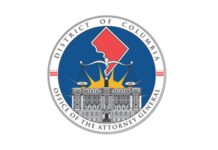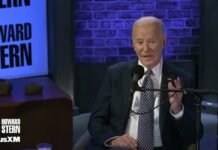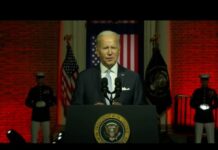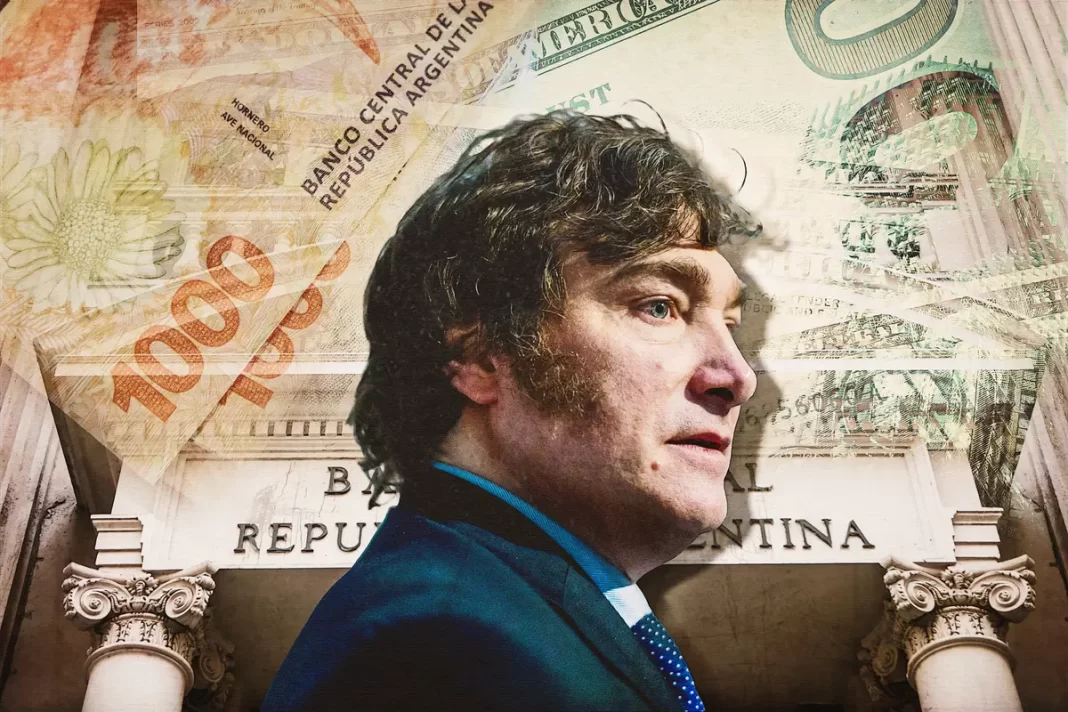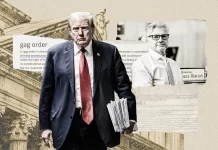Argentina’s president-elect plans to formalize U.S. currency and disband the central bank in first step to recover economy.
Argentina’s President-elect Javier Milei set forth an ambitious agenda that clinched his victory in the recent election, including a pledge to abolish the country’s central bank and switch to the U.S. dollar.
Despite speculation of a potential shift toward more moderate policymaking in the lead-up to his inauguration, Mr. Milei has reiterated his determination to shutter the central bank, calling it “non-negotiable.”
With Argentina now gearing up for the possibility of a nation without a central bank and a shift to the U.S. dollar from the peso, many economists are discussing whether these measures would help resuscitate the economy.
“It’s completely feasible,” says Daniel Lacalle, chief economist at the Madrid-based investment firm Tressis and an Epoch Times contributor.
At first, it might appear to be an unorthodox public policy pursuit to dismantle a central bank and abandon a currency. However, Mr. Lacalle told The Epoch Times that the public has already prepared for the change as households have rejected the peso.
“We need to understand first that the Argentine peso is a failure. It’s a currency that the Argentine citizens don’t accept,” he said, adding that they save, produce, and conduct vital transactions in dollars.
While the president-elect doesn’t have enough support in Congress or among provincial governors, Heritage Foundation economist Peter St. Onge says dollarization has become a “relatively mainstream concept.”
“If they can also switch over to the dollar, I think that it won’t be that bad,” he told The Epoch Times. “You’ll probably see an outcome more or less like Ecuador has gotten, or maybe El Salvador, which also has the right populist president at this point.
“So it could definitely be a huge improvement for the people of Argentina.”
It’s Happened Before
Dumping a currency for the U.S. dollar at a national level isn’t unprecedented, either.
In 1999, before it adopted the euro, Montenegro engaged in dollarization. In January 2000, Ecuador became a dollarized economy. In 2001, the U.S. dollar became legal tender in El Salvador. Twenty years later, the country also adopted bitcoin as legal tender. After facing hyperinflation, Zimbabwe made the greenback the African country’s primary currency, although the government recently announced plans to drop the U.S. dollar in 2025.
By Andrew Moran




